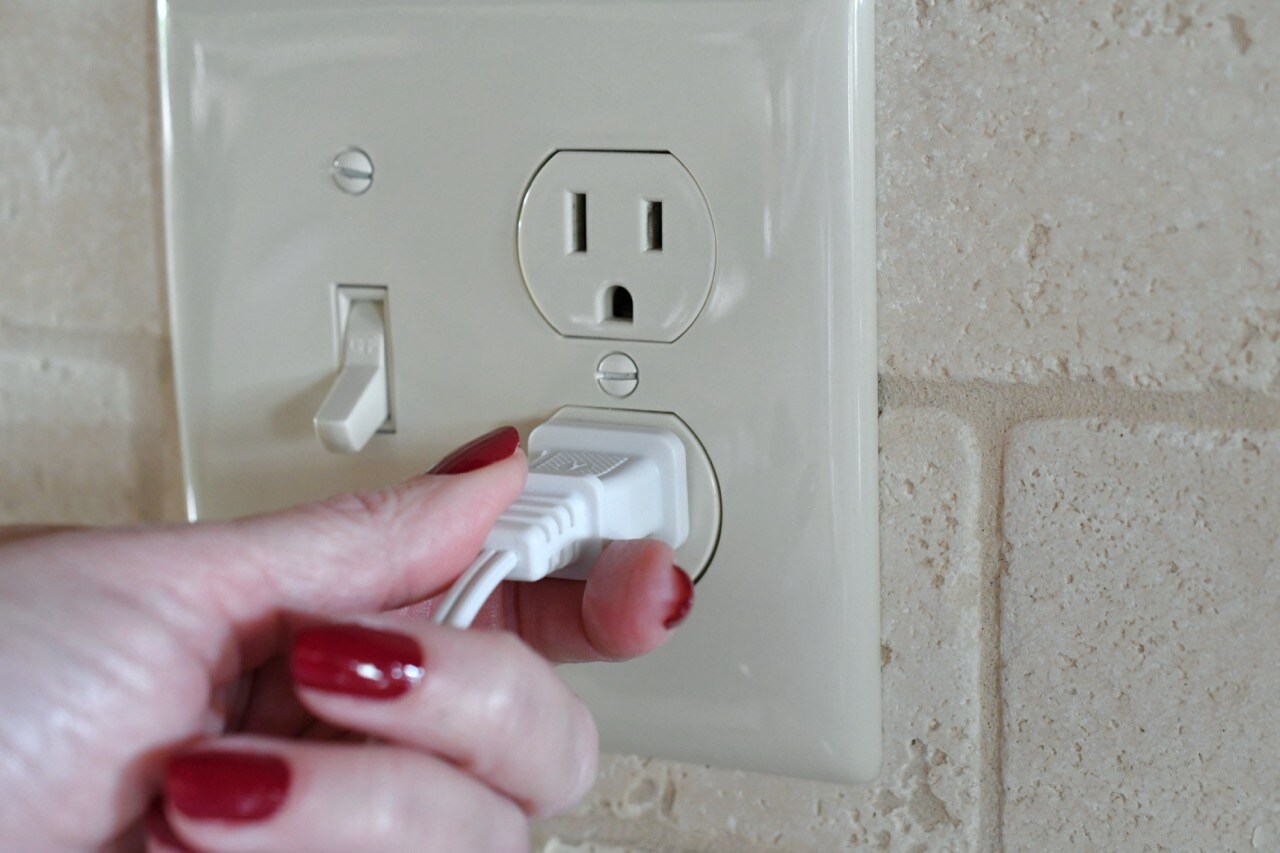
Electrical outlets are the unsung heroes of our daily lives. They power our devices, keep our appliances running, and ensure that our homes are comfortable and functional. But what happens when an outlet randomly stops working? The frustration can be immense, especially when you rely on that outlet for essential tasks. In this blog post, we will explore common reasons your electrical outlet might suddenly stop working and provide practical tips to get it back in action.
Tripped Circuit Breaker
One of the most common reasons for an electrical outlet to stop working is a tripped circuit breaker. Circuit breakers are designed to protect your home's electrical system by cutting off power during an overload or short circuit. If your outlet randomly stopped working, it is worth checking your electrical panel to see if any breakers have tripped.
To fix this, simply locate the tripped breaker, switch it off, and then turn it back on. This should restore power to the outlet. However, if the breaker continues to trip, it could indicate a more significant issue that requires professional attention.
Burnt Out Outlet
Over time, electrical outlets can wear out and stop functioning correctly. A burnt-out outlet may show visible signs of damage, such as discoloration, scorch marks, or a burning smell. This issue can be caused by overloading the outlet, using faulty devices, or normal wear and tear. If you suspect a burnt-out outlet, it is essential to replace it promptly to avoid potential fire hazards.
GFCI Outlet Issues
Ground Fault Circuit Interrupter (GFCI) outlets are designed to protect against electrical shock by shutting off power when they detect a ground fault. These outlets are typically found in areas with high moisture, such as bathrooms and kitchens. If your GFCI outlet stops working, it might need to be reset.
To reset a GFCI outlet, press the "reset" button. If the outlet does not reset, there could be a problem with the wiring or the outlet itself, which may require professional repair or replacement.
Faulty Devices
Sometimes, the issue might not be with the outlet, but with the device, you are trying to plug in. Faulty devices can cause an outlet to stop working or trip a circuit breaker. To determine if the problem lies with the device, try plugging it into a different outlet. If it still does not work, the device may be the culprit. In this case, replacing or repairing the faulty device should solve the problem.
Overloaded Outlet
Overloading an outlet by plugging in too many devices can cause it to stop working. This happens because the outlet cannot handle the excessive load, leading to a tripped breaker or blown fuse. An overloaded outlet can also cause overheating, which poses a fire risk. To avoid overloading your outlets, distribute your devices across multiple outlets and use power strips with built-in surge protection.
Damaged Outlet Components
Internal components of an outlet, such as the receptacle or contacts, can become damaged over time. This can result in intermittent power loss or a complete outage. Damaged components might be caused by frequent plugging and unplugging of devices or using force to insert plugs. Replacing damaged outlet components is the best course of action if you suspect damaged outlet components.
Environmental Factors
Environmental factors, such as moisture, dust, and pests, can also affect the performance of electrical outlets. Moisture can cause short circuits, while dust and debris can interfere with the electrical connections. Pests, such as rodents, can chew through wires, causing power loss. Keep your outlets clean and dry to prevent environmental factors from affecting them. Regularly inspect your outlets for any signs of damage or interference.
Old or Outdated Wiring
In older homes, outdated wiring might be why your outlet stops working. Wiring systems from decades ago may not be equipped to handle modern electrical demands, leading to power loss or other issues. If you live in an older home and frequently experience electrical problems, it might be time to upgrade your wiring. Consult a licensed electrician to assess your home's electrical system and recommend necessary upgrades.
Electrical Surges
Electrical surges can damage internal components and cause outlets to stop working. They can result from lightning strikes, power outages, or faulty appliances. While minor surges may go unnoticed, larger ones can cause significant damage to your electrical system. Consider installing surge protectors or whole-house surge protection to protect your outlets from electrical surges. This will help safeguard your home's electrical system and prevent surges from damaging outlets.
Conclusion
Electrical outlets are essential for powering our devices and keeping our homes functional. When an outlet randomly stops working, it can be frustrating and inconvenient. By understanding the common reasons for this issue and following the practical tips provided in this blog post, you can troubleshoot and fix the problem efficiently.
Remember always to prioritize safety when dealing with electrical issues. If you are unsure about any aspect of the repair process, it is best to consult a professional electrician.







